bleeding 10 years after hysterectomy questions
 Bleeding/Spotting Many Years after Hysterectomy | GYN Cancer Article | HysterSisters
Bleeding/Spotting Many Years after Hysterectomy | GYN Cancer Article | HysterSistersWhat causes bleeding after a hysterectomy? It's normal to have some bleeding after a hysterectomy. However, in certain circumstances, it is better to contact a doctor for evaluation. Most people experience light bleeding for several weeks after a hysterectomy. This type of bleeding is normal and is not usually a matter of concern. However, some types of bleeding after a hysterectomy may indicate a problem that requires treatment. This article analyzes the possible causes of bleeding after a hysterectomy. Also look at what a person can expect after the procedure, as well as when to see a doctor. It is normal to have vaginal blood loss and download for after a hysterectomy, according to the American College of Obstetricians and Gynecologists. The bleeding is likely to be similar to a period of light and may be red, pink or brown. There may also be bright red spots due to the points of the surgery dissolve. Sometimes, however, a person may experience abnormal bleeding, such as: A person should contact a doctor immediately if he or she experiences abnormal bleeding. There is a possibility that a hysterectomy causes injuries to organs, nerves or blood vessels, which can also cause bleeding. Some people experience little or no hemorrhage immediately after the operation, and then around, they have sudden precipitation of fluid or old blood. This type of bleeding must stop quickly. During recovery, a person should use sanitary pads instead of tampons for vaginal bleeding and discharge. Using tampons could increase the chances of infection after a hysterectomy, and can be uncomfortable or painful while the area is healing. If someone experiences intense and bright red bleeding, or if they need to change their health pad more than , they should contact a doctor to get advice. Months or years laterPeople who have had a hysterectomy may sometimes experience vaginal bleeding years later due to the bulk tissue. The granulation tissue is scar tissue that forms at the top of the vagina when a person has a hysterectomy. Although this is not serious, a person should inform his or her doctor so that he or she can confirm and treat the source of the bleeding. Other reasons for bleeding after a hysterectomy include: During a total and radical hysterectomy, a surgeon will remove the uterus and cervix. They will also remove a part of the vagina and nearby tissue. Then they will sew the upper part of the vagina in the space left by the cervix and the upper vagina. This is known as closing the vaginal cuff. Although rare, there is one that the vaginal fist can tear after a hysterectomy. Researchers have about what makes a vaginal tear more likely, but an infection, a hematoma or the type of surgery can be contributing factors. Summarizing sexual activity too soon after surgery can also play a role. Symptoms of a vaginal tear include: In severe cases of vaginal handcuff breakdown, the intestine may start pushing through the open tear and into the vaginal cavity. A doctor may treat a vaginal tear with antibiotics and surgery. A pelvic hematoma is a pool of blood that accumulates outside the blood vessels of the pelvic area. It usually occurs when there is damage to the blood vessels, such as the uterine artery. The uterin artery provides blood supply to the uterus and other female reproductive organs. Hematomas may develop in the peritoneal cavity, which is the area of the abdomen that contains the stomach, liver and intestines. Hematomas can also occur in the vagina vault, which is the enlarged region at the inner end of the vaginal canal. Symptoms of a hematoma usually appear within around after surgery. These include: Having a hematoma can increase the chances of infection. A doctor may use ultrasound or CT scan to diagnose a pelvic hematoma. They can treat hematoma with pain relief, antibiotics and surgical drainage. Sometimes a hematoma is solved without intervention., nearby abdominal organs, such as the intestine or bladder, can withstand damage during the procedure. A doctor may be able to repair any damage to the intestine and bladder during surgery. A person may need to temporarily use a urinary catheter to drain urine and colostomy to collect stool. If there is a delay in diagnosing an intestinal or bladder lesion, a person may notice rectal bleeding or blood in his or her urine. If this is the case, you should contact a doctor immediately. A perforated or bladder intestine increases the likelihood of infection and a life-threatening complication called sepsis. A bleeding may occur after a hysterectomy. Although bleeding is a life-threatening complication, it occurs in very few people. According to a study, they affect only patients. The bleeding will occur after laparoscopic surgery, although researchers are not sure why. Some factors that increase the chances of bleeding include: Symptoms of bleeding after a hysterectomy include sudden or heavy vaginal bleeding. The source of bleeding is likely to be the uterine vessels or the cervical and vaginal vessels. If a person experiences intense and bright red bleeding after a hysterectomy, they must go to the emergency room immediately. Some people may need a blood transfusion. After surgery, a health care professional will provide medicines to help relieve pain and prevent infection. They will also encourage the person to get up and move. In the first days after surgery, a person may walk short distances and do light activity to prevent blood clots in the legs, pelvis and lungs. Most people stay in the hospital around after an abdominal hysterectomy. They may only need to stay overnight for laparoscopic, vaginal and robotic hysterectomy. However, some people have to stay in the hospital longer. Recovery of an abdominal hysterectomy may take around, while recovery of other types of hysterectomy may take 3-4 weeks. Incisions to the abdomen will gradually heal, but there will be a visible scar that can fade over time. It is important to avoid certain activities after a hysterectomy, including: Hysterectomy is an important surgery. Recovery will take time and a lot of rest. Some changes a person may notice after having undergone a hysterectomy include: If hysterectomy includes the removal of ovaries, a person may have one of the development conditions such as heart disease, bone loss or urinary incontinence. If the person has a partial hysterectomy and the cervix is still in place, they are still at risk for cervical cancer and should be subject to regular Pap examinations. It is best to contact a doctor if the incision is swollen, exoberating the discharge or bleeding, or if a person experiences abnormal bleeding after surgery. Abnormal hemorrhagia includes: A person should go to the emergency room after surgery if he has: Vaginal bleeding after a hysterectomy is normal and may last days or weeks after surgery. However, the bleeding that suddenly begins, becomes heavier over time, or does not stop are reasons to see a doctor. Bleeding after a hysterectomy can sometimes be a symptom of a severe complication that needs rapid treatment. If a person is concerned about the bleeding that seems unusual after a hysterectomy, they should ask a doctor for advice. Last medical review on April 23, 2020Most recent newsRelated coverage

Bleeding After Hysterectomy: Is It Normal & When to Call a Doctor
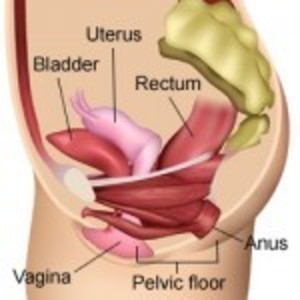
Hysterectomy: Impact on Pelvic Floor and Organ Function- Hormones Matter

Bleeding Years after Hysterectomy | Hysterectomy Recovery Article | HysterSisters

Bleeding After Hysterectomy: Is It Normal & When to Call a Doctor

Bleeding after Hysterectomy | Ask a Doctor - Hysterectomy Related Questions Article | HysterSisters

Bleeding After Hysterectomy: Is It Normal & When to Call a Doctor

Pain After Hysterectomy - Pelvic Rehabilitation Medicine

Post Hysterectomy Bleeding; Should You Be Worried?
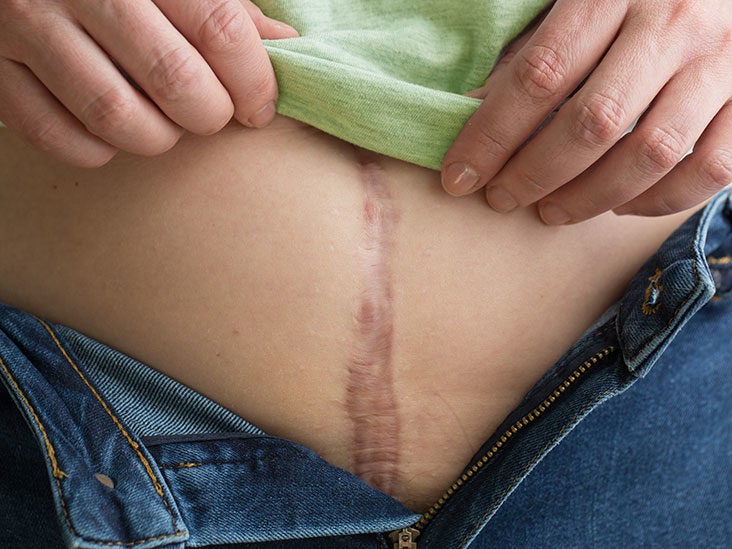
Hysterectomy side effects: Recovery and long term impact

Will Orgasm Ever be the same After Hysterectomy for Uterine Prolapse? — APOPS

Bleeding after menopause: Get it checked out - Harvard Health Blog - Harvard Health Publishing

Hysterectomy side effects: Recovery and long term impact

5 Main Causes Of Bowel Problems After Hysterectomy
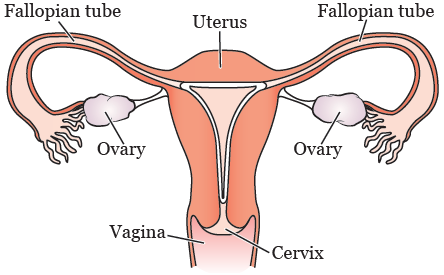
About Your Robotic-Assisted or Laparoscopic Hysterectomy | Memorial Sloan Kettering Cancer Center
Hysterectomy: Surgery & Recovery

Bleeding After Hysterectomy: Is It Normal & When to Call a Doctor

Bleeding After Hysterectomy: Is It Normal & When to Call a Doctor

Sex after a hysterectomy: How long should you wait and what to expect

Hysterectomy: Side Effects | Everyday Health

Vaginal hysterectomy | healthdirect
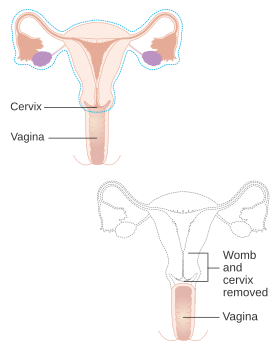
Hysterectomy - Wikipedia

Bleeding After Hysterectomy: Is It Normal & When to Call a Doctor

Recovering from a Hysterectomy for Endometriosis
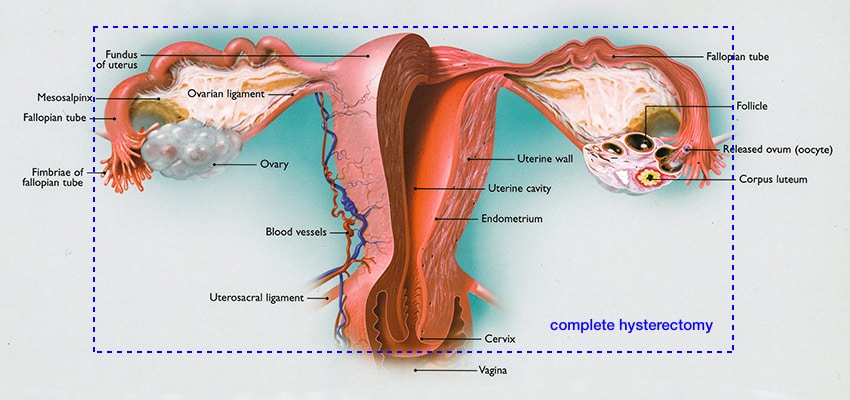
What Happens to Your Body After a Hysterectomy & What to Expect | CIGC
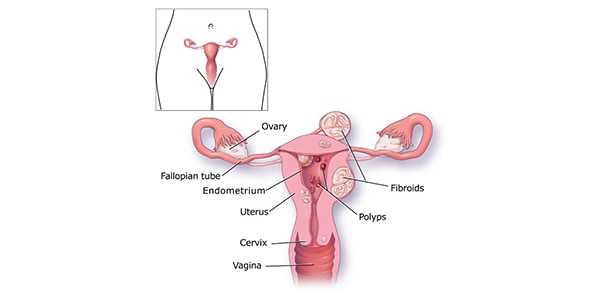
Heavy Menstrual Bleeding | CDC
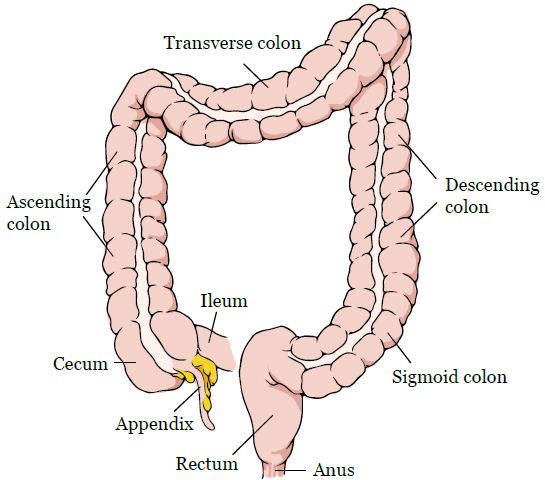
About Your Total Abdominal Hysterectomy and Other Gynecologic Surgeries | Memorial Sloan Kettering Cancer Center

Understanding Laparoscopic Hysterectomy - Women's Healthcare Associates

Hysterectomy: What Your Doctor Won't Tell You | Everyday Health

Laparoscopic supracervical hysterectomy versus endometrial ablation for women with heavy menstrual bleeding (HEALTH): a parallel-group, open-label, randomised controlled trial - The Lancet

9 Reasons for Hysterectomy: Considerations and What to Expect
/postcoital-bleeding-3947657-5c6f2f0146e0fb0001076279.png)
Postcoital Bleeding: Why You May Bleed After Sex

How to Prevent Prolapse After Hysterectomy - Pelvic Exercises

Vaginal Bleeding/Spotting 3 Months after Hysterectomy | Hysterectomy Recovery Article | HysterSisters

5 Years After a Hysterectomy at 29 - My Story

5 Things to Know About Postmenopausal Bleeding | Fox Chase Cancer Center - Philadelphia, PA

Hysterectomy - laparoscopic - discharge Information | Mount Sinai - New York

Bleeding After Hysterectomy: Is It Normal & When to Call a Doctor
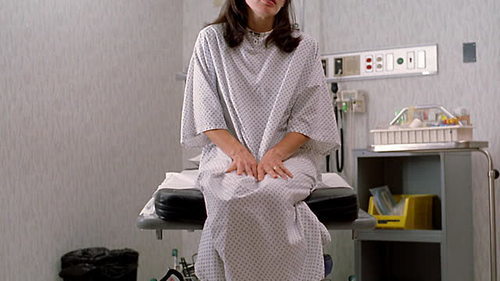
Post Hysterectomy Skeletal and Anatomical Changes- Hormones Matter
HYSTERECTOMY
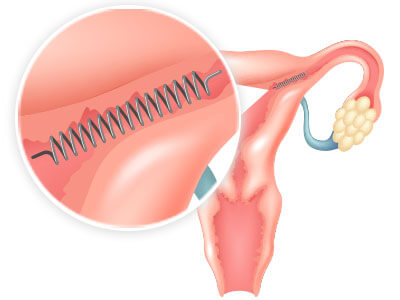
Essure Side Effects | Symptoms & Risks of Essure Problems
Posting Komentar untuk "bleeding 10 years after hysterectomy questions"